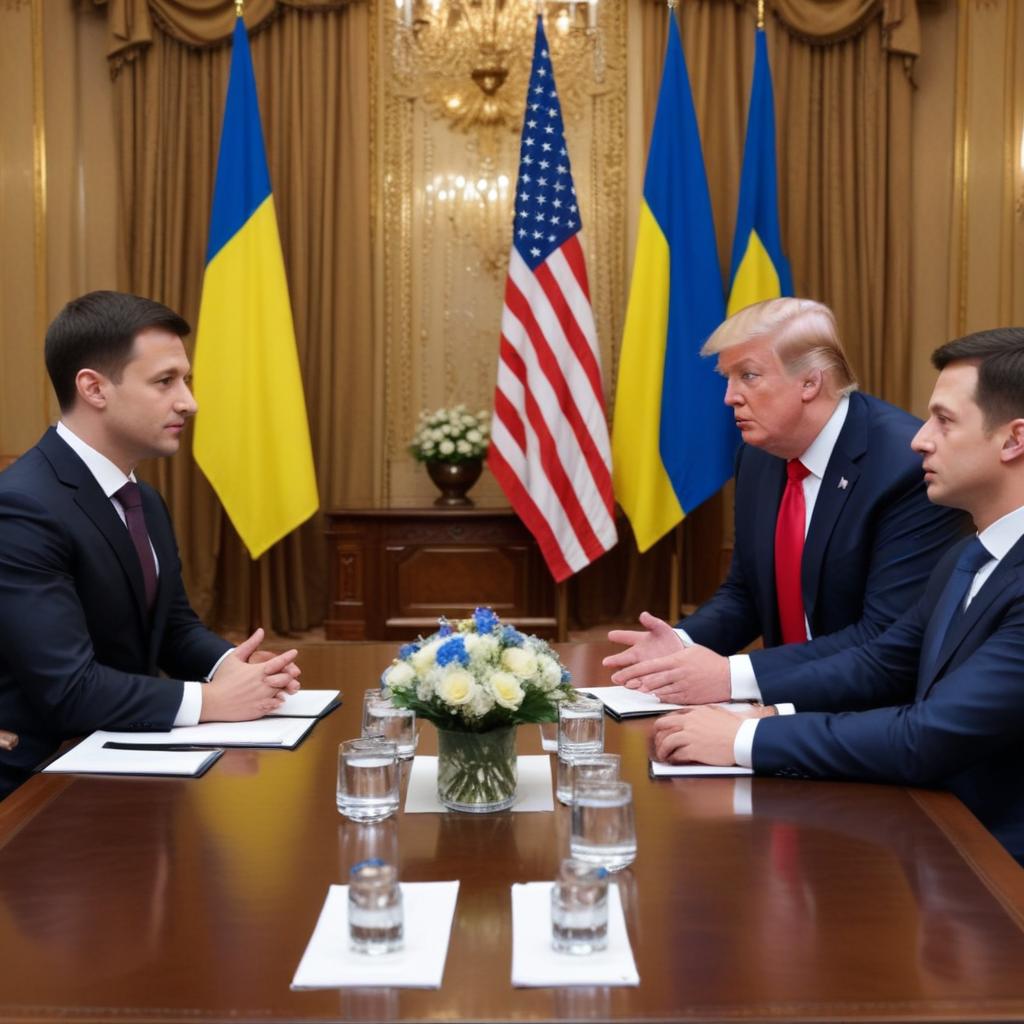President Trump's surprising rapprochement with Russia is causing a global shockwave, potentially reshaping the geopolitical landscape and leaving America's allies in the lurch.
Seasoned diplomatic observers believe that President Trump's public confrontation with Ukrainian President Zelensky was a calculated move to discredit Zelensky and pave the way for closer ties with Russia. Moscow reacted enthusiastically, anticipating accelerated talks and potentially lucrative economic deals with the US. Secret talks between US Secretary of State Marco Rubio and Russian Foreign Minister Sergey Lavrov, excluding Ukraine, have already taken place, with plans for a second round. Discussions reportedly include energy deals and US investment in the Nord Stream 2 pipeline. The Kremlin's economic envoy, Kirill Dmitriev, envisions broad cooperation, including joint scientific projects. While lucrative business opportunities with Russia are a clear draw for President Trump, this alliance risks alienating America's traditional allies and fundamentally resetting US-Russia relations. The Kremlin itself has acknowledged the rapid shift in US foreign policy, which largely aligns with Russia's vision. The motives behind Trump's pivot remain speculative, with theories ranging from a belief in Russia as a natural US ally against China to less substantiated claims of undue influence. The US-Russia relationship appears to be entering a radical new phase.



